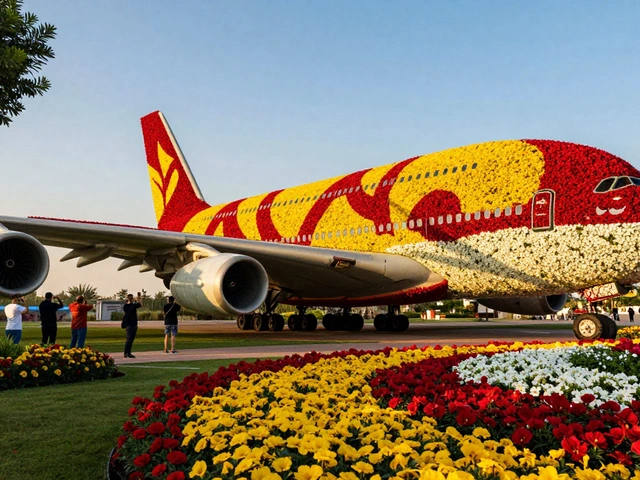Expat Financial Tips for Living Comfortably in Dubai
If you’ve just landed in Dubai or are planning the move, the biggest question is often – how do I keep my money safe and stretch it further? The city offers a lot of luxury, but it can also bite hard if you’re not prepared. Below are the most useful money moves you can make right now, from choosing a bank to cutting everyday costs.
Pick the Right Bank for Your Lifestyle
Not all banks in the UAE work the same way. Some charge high fees for basic accounts, while others reward you with free international transfers. Start by comparing the main Arab banks – Emirates NBD, First Abu Dhabi Bank, and Dubai Islamic Bank – and look for features you actually need: low maintenance fees, good online apps, and easy access to your home currency. If you travel a lot, a bank with a strong network of ATMs across the Gulf and Europe can save you dozens of dollars each month.
Everyday Money‑Saving Hacks
Dubai may be famous for gold and fast cars, but you can still shop smart. Head to the local souks for spices, dates, and traditional attars – they’re often cheaper than the malls. For electronics and fashion, keep an eye on the Dubai Shopping Festival or end‑of‑season sales at the big malls. Also, use cash‑back credit cards that offer rewards on grocery and fuel purchases; the points add up quickly when you refill your car or buy groceries weekly.
Housing is another major expense. If you can, share a villa or apartment with a few other expats. Many communities have dedicated rooms for short‑term rentals that cost up to 30 % less than a single studio. When negotiating a lease, ask the landlord if utilities are included – otherwise you might be surprised by a high electricity bill during the summer.
Transport costs can be tamed by using the Dubai Metro and the public bus system for daily commutes. A monthly Nol card is far cheaper than a private car, especially when you factor in fuel, insurance, and parking fees. If you need a car for occasional trips, consider a car‑sharing service – you pay only for the hours you drive.
Don’t forget about taxes and visa fees. The UAE has no personal income tax, but you’ll still pay residency fees and possibly a health insurance premium. Check the latest Dubai visa requirements and see if you qualify for the 5‑year “Golden Visa” that reduces renewal costs and offers extra perks.
Finally, plan for the long term. Open a savings account that offers a decent interest rate, and think about investing a small portion of your salary in low‑risk UAE‑based funds. Keeping an emergency fund that covers three months of living expenses can protect you from unexpected job changes or medical bills. With the right bank, smart shopping, and disciplined saving, living in Dubai can be both exciting and financially comfortable.







